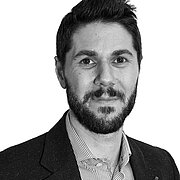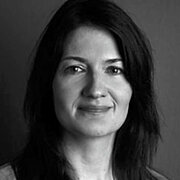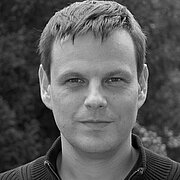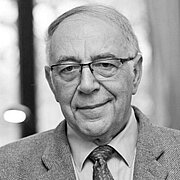Symposium in honor of Professor Emeritus Christian Joerges
The tensions between traditions of economic law (“Wirtschaftsrecht”) and constitutional theory (“Verfassunglehre”) are nowhere more pronounced than in the project of European economic integration. Back in 1944, Polanyi, the most famous analyst of the “Great Transformation” observed that after the downfall of fascism and the “disappearance of the gold standard”, our governments would be able to shape domestic institutions according to the inclinations of their citizens and that they would “tolerate willingly that other nations do likewise”. The new political freedom led to a broad variety of socio-economic configurations, but this did not prevent the rise of interdependencies between national economies and the emergence of a complex set of conflicts.
What students and advocates of the “ever closer Union” in Europe have ignored are the diverging socio-economic conditions, the weight of political differences and the ensuing asymmetries between the North and the South, and the West and the East. What they failed to imagine and to establish is a political infrastructure and institutional framework in which democratic political contestation could continue and legitimate the improvement of what had been agreed in the treaties, and legislative and judicial acts in the governance of economy.
Join us for an international symposium honoring Christian Joerges, Professor Emeritus of Law and Society at the Hertie School, where we welcome experts from across Europe and the US to discuss reconciling economic rationality and political legitimacy and where such reconciliation could take place. Is it at the level of the nation state or at the transnational European space? Is there another way?
Chair

Başak Çalı is Professor of International Law at the Hertie School and Director of the Center for Global Public Law at Koç University, Istanbul. Her research interests are international law, human rights law, and the prospects of global public law in a multi-level legal order.
Speakers

Sabine Frerichs is Professor of Economic Sociology at the Vienna University of Economics and Business and currently Fellow at the Käte Hamburger Center for Advanced Study ‘Law as Culture’, University of Bonn. Previously she was Assistant Professor at the Law Faculty of the University of Helsinki. She holds a PhD degree in Sociology from the University of Bamberg.

Steven Klein is a political theorist whose research focuses on democratic theory, theories of political economy and the welfare state, and the history of European political and social thought. He is Assistant Professor and University Term Professor (2018-2021) of Political Science at the University of Florida.

Claire Methven O’Brien is Chief Adviser, Business and Human Rights, at the Danish Institute for Human Rights, Denmark’s national human rights institution. She is also Honorary Lecturer at the University of St. Andrews School of Management and a Visiting Research Fellow at the University of Groningen’s Department of International Law.

Jürgen Neyer is Professor for European and International Politics and Vice-President for International Affairs at the European University Viadrina. He has done research and teaching at the Johann-Wolfgang Goethe University in Frankfurt (Main), the University of Bremen, The Free University Berlin, the European University Institute Florence, the UC Berkeley and the European University Viadrina.

Florian Rödl is University-Professor for Private Law, Labour Law and Social at the Freie Universität Berlin since 2016. Before, he led a group of junior researchers at the Cluster of Excellence "Normative Orders" at Goethe-University, Frankfurt am Main. He did his PhD at the European University Institute in Florence.
Concluding remarks

Christian Joerges is Professor Emeritus of Law and Society at the Hertie School. Previously, he was Senior Professor for Law and Society from 2013 until 2018 at the Hertie School. His research focuses on economic ordering through law at the national level and on European integration and globalisation. His current projects include the European crisis and transnational trade governance. He is also a Co-Director of the Centre of European Law and Politics at the University of Bremen.

